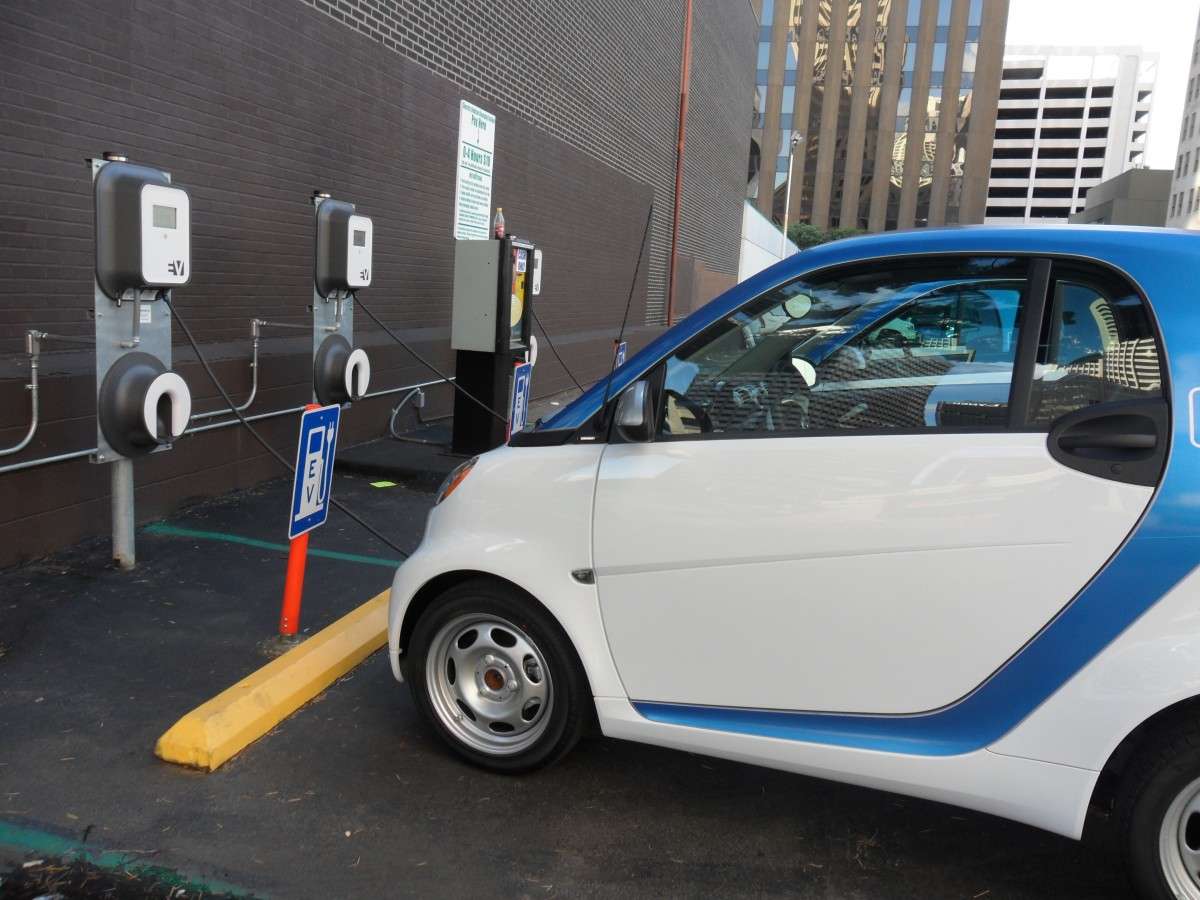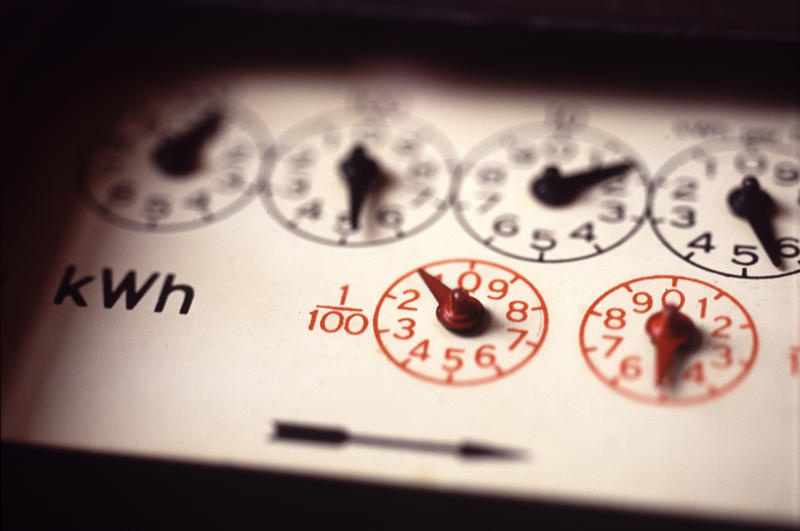We calculate the fuel efficiency of traditional vehicles in mpg (miles per gallon). It indicates how many miles a vehicle can travel with one gallon of fuel. Electric vehicles (EVs) don’t use any fuel. So, kWh (kilowatt-hours) is the unit to measure the efficiency of an EV engine.
Let’s find out more about these units and a simple way to calculate the energy usage of EVs.
Explaining MPG and kWh for Fuel and Energy Consumption
The MPG is a measure of fuel efficiency for cars. The number reflects the miles per gallon that you can expect to get when driving your car. One way to save money on gas and improve your fuel efficiency is by driving fewer miles or taking public transportation more often.
But what about electric vehicles? Electric vehicles rely on kWh per mile rather than MPG, so if you are considering purchasing one, it’s important to know how they work.
What is a kWh? It is a measurement of electricity equivalent to the amount of energy expended in one hour by one kilowatt. As such, the kWh/miles rating aims to define an EV’s efficiency in the same way that an mpg rating applies to conventional vehicles.

You need to understand the unit to understand the power consumption of an electric vehicle in terms of how many miles it can be driven on one Kilowatt-hour (kWh).
The measure actually represents kilowatts, which are watts multiplied by hours. One kW is equal to a thousand Watts. That means that for every hour your car runs at full throttle and maximum power draw, it consumes one kWh of electricity.
When you drive the EV up a mountain with inclines or while pulling heavy loads like carrying passengers and cargo, expect energy consumption to increase dramatically. This happens because these tasks require more energy than driving on flat roads without any hills or obstacles.
In addition, if your battery starts getting low, the car will automatically reduce power consumption to prevent draining it completely.
SEE MORE
The Differences Between kWh/Miles and MPG?
We already know that kWh per mile is an energy efficiency measure that compares the power used to drive a vehicle to the distance it travels. For example, if you own an electric car and use 10 kWh of electricity for every mile driven, your energy consumption would be 10 kWh/mile (kWh/mile). If you have a gasoline-powered vehicle with 30 MPG, your fuel efficiency would be 1.7 kWh/mile (MPG).
The kWh per mile is not a measure of energy efficiency; it indicates the electric vehicle’s range. If you’re considering buying an electrically powered car and want to know how many miles can be driven before needing a recharge, check out its battery specs and power rating.
It’s important to note that for an electric vehicle, the cost per kWh is less than gasoline ($0.10 to $0.12/kWh versus $$3.50/gallon). EVs can go 2 to 6 miles per kWh, which means the cost per mile could be around 2 cents. On the other hand, the cost will be 15.9 cents per mile for a gasoline car if the mileage is 22 mpg.



